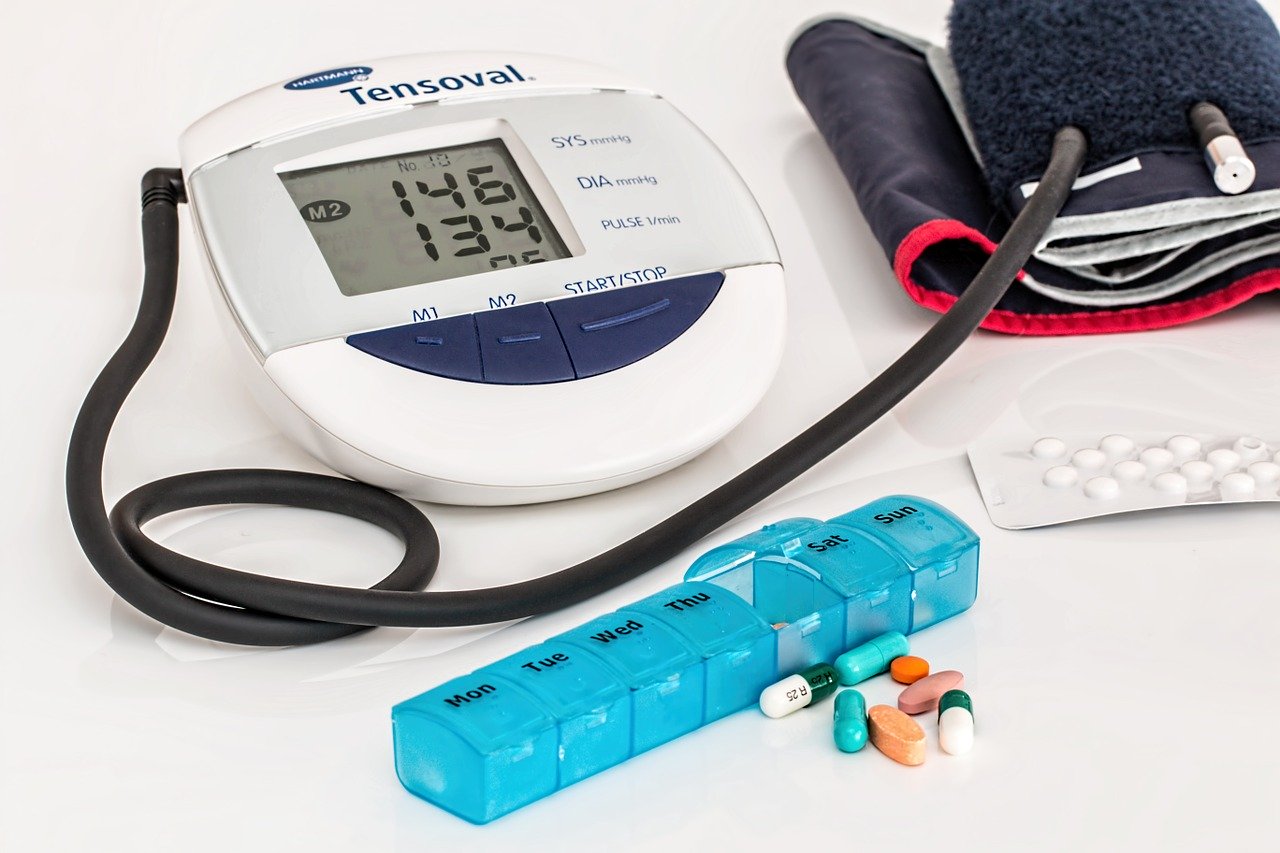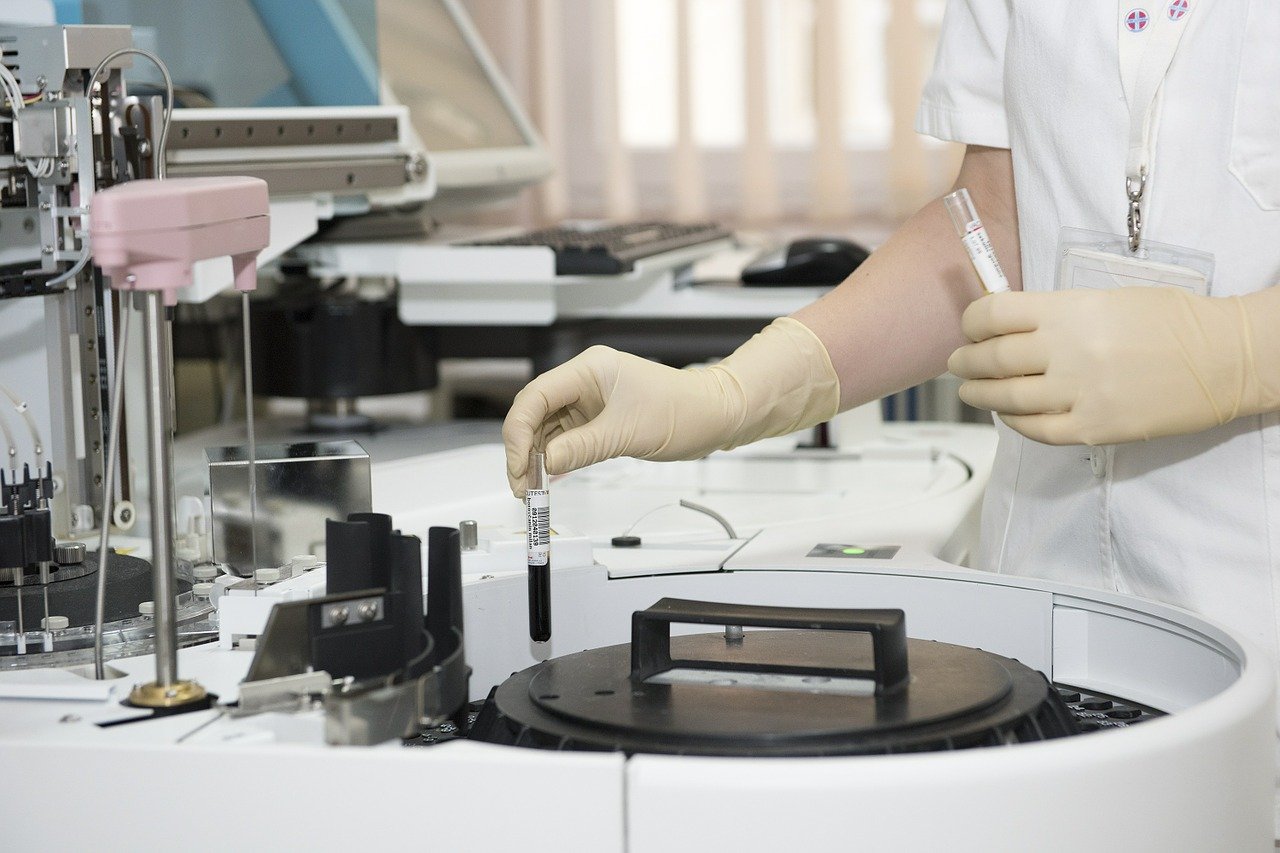Last month, the New England Diary of Medication published a innovative essay by David Rosenthal and Abraham Verghese in the several modifications in how physicians are educated and how they exercise medicine. Endeavors to boost performance and accuracy and reliability — which includes the introduction of electronic healthcare records — offer you benefits, and pose some complex problems like this all also depends on how hospitals are reviewed.
Doctors must find out and do much more, more than ever

The health treatment method strives to provide much better treatment and keep charges down. Improvements in health-related science and technology mean there exists ever more details to get a doctor to find out, and guidelines to suppress waste have minimal how much time we must learn all of it. Monique Tello authored concerning this concern last month it’s why your doctor is always in the pc.
But more than that, these fighting objectives have had real consequences based on how medical professionals job, how you feel, the way we relate to our sufferers and fellow workers, and just how we feel about our career.
A good example: I’m a hospitalist. It’s a relatively new area in medication, a product of exactly these causes. Two years ago, when individuals have been hospitalized, their primary care medical professionals would see them in the hospital, each morning, before returning to medical clinic for the day.
Citizens or nursing staff, often without quick guidance, managed minute-to-moment matters. Nevertheless the culture and standards of exercise have altered. We’ve decided that it’s better to have fully-skilled doctors inside the healthcare facility throughout the day. In an emergency, I could be at the bedside immediately. Residents and nursing staff acquire more active supervision. Primary treatment doctors, who may have noticed their reimbursements minimize, can spend more time seeing patients.
But you can find disadvantages. The individuals I see in the healthcare facility often don’t know me, and i also don’t know them. So when someone simply leaves the hospital, his physician may not know what I’ve done and why. So, we’ve replaced one set of difficulties with another: ensuring that there’s great conversation between medical centers and clinics.
Electronic digital medical information could make that communication easier. Each time a patient comes to me inside the medical center, I have instant use of their graph. I could see documents from every medical center check out, lab test, x-ray or CT check out, a list of all their possible diagnoses and the drugs recommended to take care of them. It’s helpful to look at this info before I satisfy someone new.
After all, if you’re unwell and uncomfortable, you don’t want to replicate exactly the same story to each and every new physician the thing is.
And it’s reassuring to learn the doctor you’re reaching for the first time has brought the time and energy to reach be aware of details of the situation. What’s much more, these records make my work simpler. My sufferers may well not keep in mind titles and dosages of all of their medicines. No problem, I could look all of it up.
But things that make us better may challenge the opportunity to develop and sustain individual relationships

But anything useful will get shed. Possibly there are reasons a patient can’t recall the names of her drugs. At times digging a bit further can turn up a clue that there’s something more taking place. But these clues show up in encounter-to-deal with interactions, as well as overtime, not having a glance in a computer screen. Dr. Jerome Groopman explains an additional challenge in his book How Doctors Believe.
Seeing how many other physicians have created regarding an individual can trap us into thinking of their sickness in the same manner, and blind us to substitute diagnoses. At times the simplest way to effort is to start fresh and to allow your affected person to tell her tale from the beginning.
Then there’s the problem of distance. We have now more and more exams that promise more accurate diagnoses but need time for you to synchronize and review. Digital remarks and emails allow it to be simple for doctors to talk with each other, but have replaced conversations between fellow workers. As physicians are increasingly isolated from both individuals and every other, they may have turn out to be demoralized and burned out.
At its very best, becoming a physician is a remarkable and romantic privilege. We develop relationships with our sufferers and discover them through times during both pleasure and suffering our connections with one another help us through the same. It’s hard to do that in ways that are truly fulfilling whenever we devote a lot of the day time at the personal computer display screen. Rosenthal and Verghese don’t see a fairly easy repair for these particular issues.
They are largely structural and built into the practice of medicine. However, they demand us to remember that the meaning of medicine is at its individual relationships. No matter what comes next, equally medical professionals and patients should battle to keep to that.





